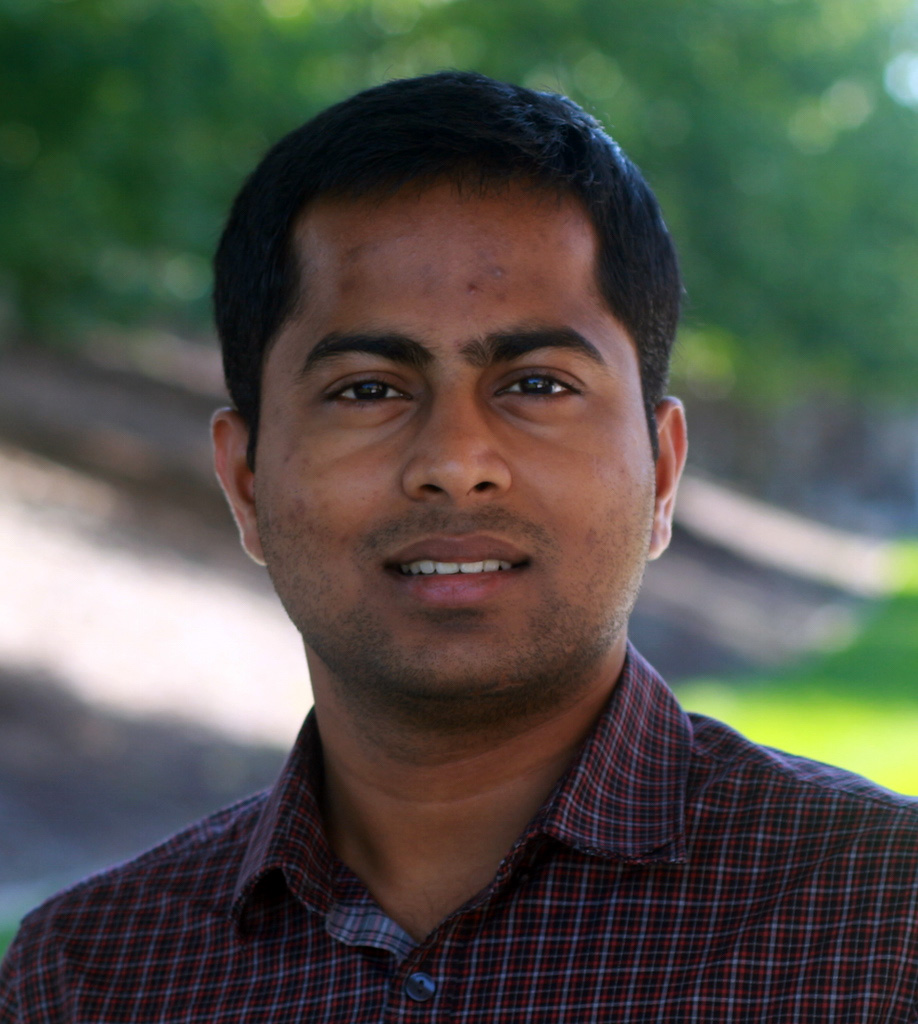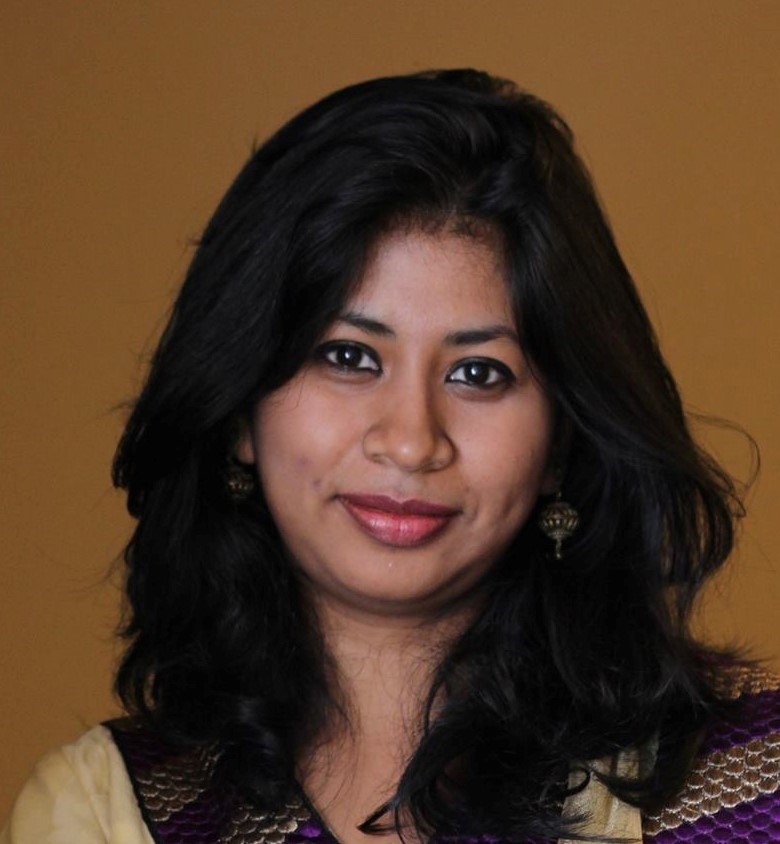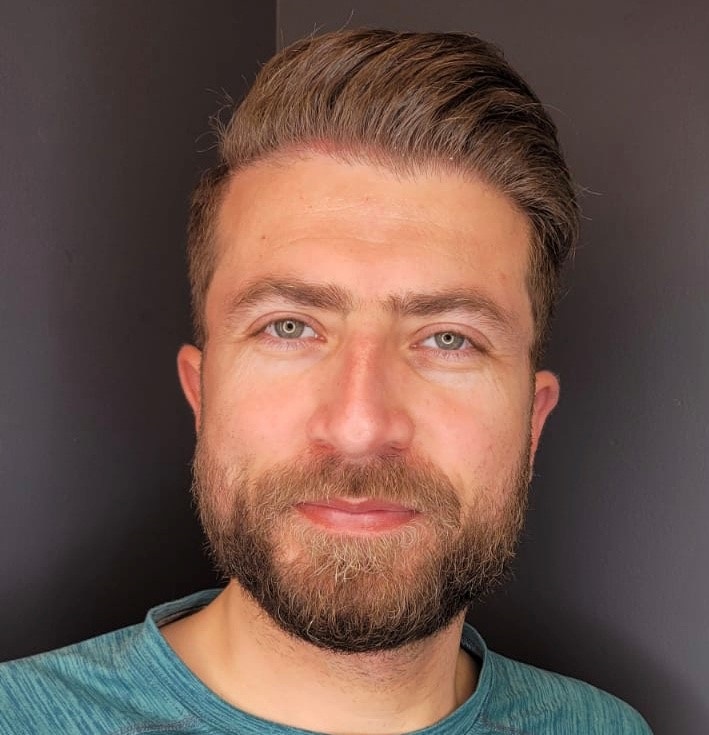Career development for signal processing students, researchers and practitioners.
This panel discussion will bring together scientists from the industry to share their career stories and experiences, including the main challenges they had to face and valuable advice for engineers and scientists in the field of signal processing. They will talk about the hiring process in their companies and provide tips for successful interviewing skills. The panel will also address the importance of technical and soft skills and their role in the creation of an effective career development plan.
Monday, 7 June 2021, 18:00 - 19:00
Subhro Das is a Research Staff Member at the MIT-IBM Watson AI Lab, IBM Research. His research interests are in distributed learning over multi-agent networks, multi-agent reinforcement learning, accelerated & adaptive optimization, and online learning in non-stationary environments — broadly in the areas of AI, machine learning, and statistical signal processing with applications in healthcare and social good. He is also a Research Affiliate at MIT, co-leading IBM’s engagement in the Bridge pillar of MIT Quest for Intelligence. Subhro received MS and Ph.D. degrees in Electrical and Computer Engineering from Carnegie Mellon University and Bachelors (B.Tech.) degree in Electronics & Electrical Communication Engineering from the Indian Institute of Technology Kharagpur. Subhro is a Senior Member of IEEE and serves as an Associate Editor of the IEEE Transactions on Signal Processing and as a committee member of the IEEE SPS Young Professionals Committee.

Sabrina Rashid is a senior deep learning/artificial intelligence engineer at Illumina AI Lab. At Illumina, her work focuses on applying deep learning techniques to interpret human genome. Previously Dr. Rashid worked as a deep learning scientist at AI Therapeutics, a biotech startup, where she developed deep learning platform for in-silico drug repositioning. She received her Ph.D. in Computational Biology from Carnegie Mellon University School of Computer Science (CMU-SCS), M.Sc. in Electrical and Computer Engineering from University of British Columbia, and B.Sc. in Electrical Engineering from Bangladesh University of Engineering and Technology. Dr. Rashid’s doctoral work on distributed computing in nature has been featured by NSF, Nature Reviews Microbiology, and several other science news outlets. Her doctoral dissertation received the CMU-SCS dissertation honorable mention award (class of 2019). Dr. Rashid was also the recipient of Centre for Machine Learning in Health fellowship (class of 2017).

Hamid Palangi is a Senior Researcher at Microsoft Research Lab (AI) in Redmond, Washington. He received his Ph.D. from the University of British Columbia in Canada where he worked on Sparse Decomposition and Compressive Sensing. Dr. Palangi’s work that was published in 2015 on sentence embedding for web search engines and IR received the prestigious IEEE Signal Processing Society Best Paper Award last year.
During the last several years he has been working on leveraging Deep Neural and Symbolic Representations for Textual Question Answering [AAAI 2018 and NeurIPS 2017 Explainable AI Workshop], Reasoning Grounded in Images [ICML 2020 and CVPR 2020 VQA and Dialog Workshop], Solving Algebraic Math Problems [ICML 2020 and Best Paper Award at NeurIPS 2019 KR2ML Workshop], Image Captioning and Multimodal Information Retrieval [in close collaboration with Microsoft Bing], Vision and Language Pretraining [AAAI 2020, blog, news coverage, in close collaboration with Microsoft Azure], Better Transfer among Various NLP Tasks [HUBERT] and Video Captioning.
Dr. Palangi has served as Area Chair for Multimodality Track at ACL 2020, was a member of the organizing committee for ACL 2020, a PC member of AAAI, EMNLP, ALVR Workshop at ACL 2020 and NAACL 2021, reviewer of NeurIPS, ICML, CVPR, and several IEEE Transactions. He also has worked as a mentor at Microsoft AI School advanced projects class (AI-611) and Microsoft AI Residency Program.
